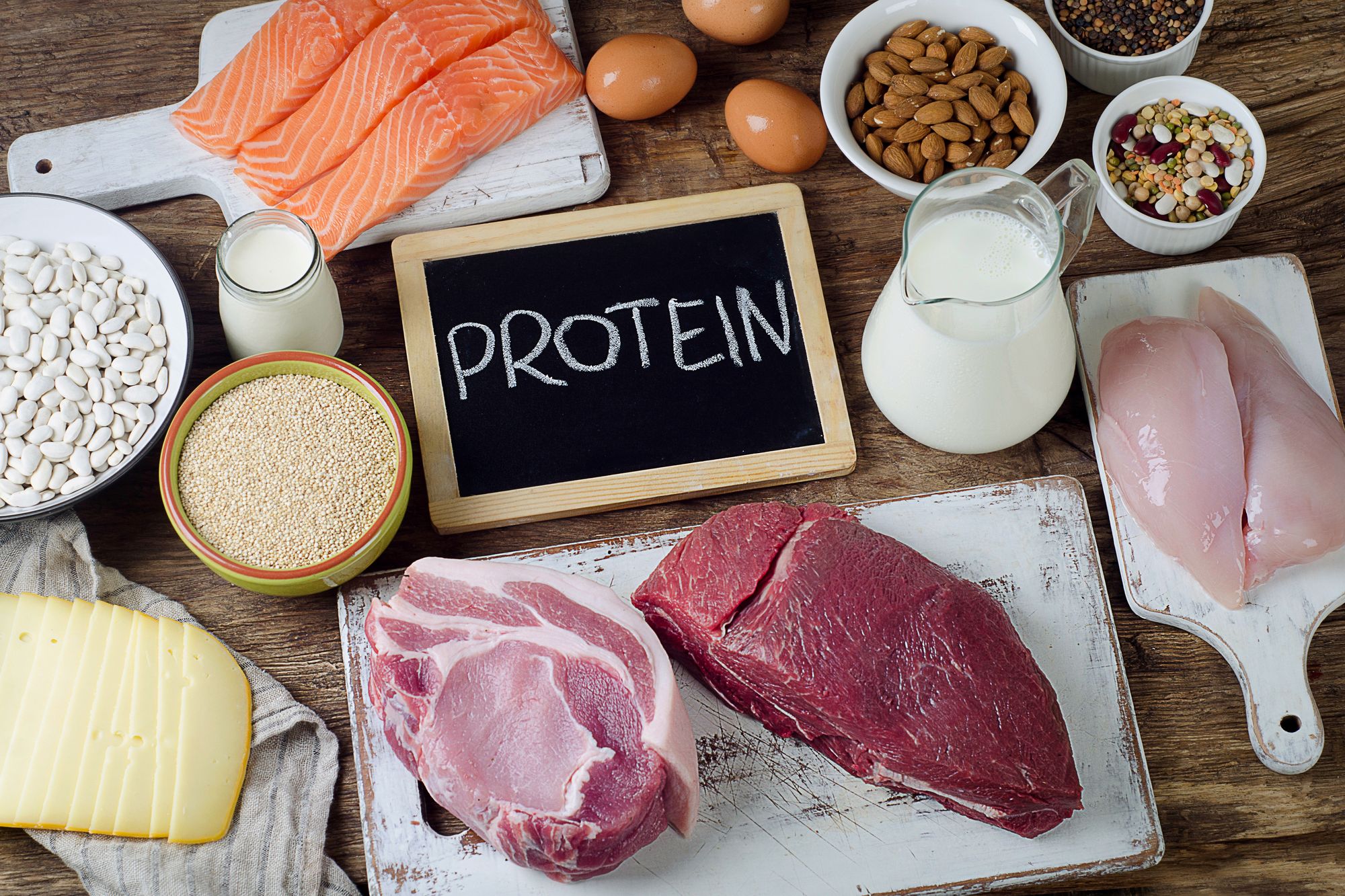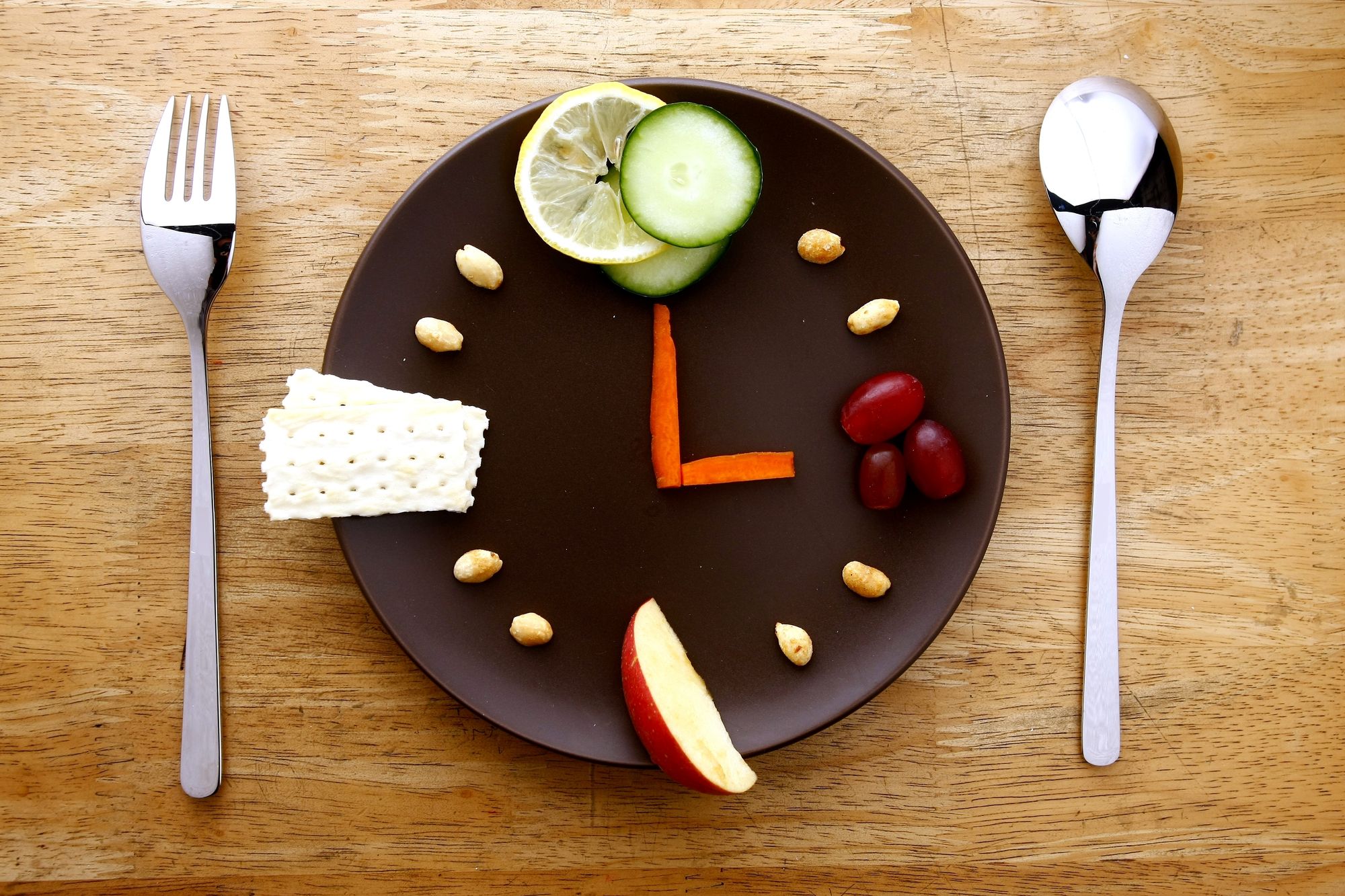Achieving rapid weight loss and shedding excess belly fat doesn't have to be a daunting task. The key lies in making minor yet impactful changes to your daily routine. Your habits, whether in the kitchen, at the gym, socializing with friends, or within your overall lifestyle, can significantly influence your weight loss journey. Thus, it's crucial to discern the do's and don'ts that will steer you toward success. In a recent conversation with experts, Eat This, Not That! unveiled a treasure trove of invaluable insights for those eager to swiftly lose weight and trim their waistlines. So, heed their advice and prepare to take on the battle against stubborn fat.
While you might believe that hours of grueling gym sessions and strict dietary regimens are the sole paths to noticeable transformation, this isn't necessarily the truth. Undoubtedly, achieving weight loss and melting belly fat demands time, effort, and unwavering commitment. However, the key is adopting an approach that is both sustainable and enjoyable. Remember, spot reduction isn't possible; when you shed pounds, your entire body benefits, including that troublesome belly area. As you continue reading, discover the expert-recommended strategies for rapid weight loss and conquering your oversized belly.
1) Embrace a Healthier Lifestyle for Effective Weight Loss

Kickstart your weight loss journey by taking a holistic approach to your lifestyle choices. Begin by evaluating your sleep quality and stress management. Aim for 7-9 hours of restful sleep each night, as sleep deprivation can hinder weight loss by disrupting hormones that regulate hunger and metabolism. Additionally, find stress-reducing activities that work for you, such as meditation, deep breathing exercises, or engaging in hobbies you enjoy.
Nutrition also plays a crucial role. Focus on consuming a balanced diet rich in whole foods, including lean proteins, whole grains, healthy fats, and a variety of fruits and vegetables. Minimize processed foods, sugary snacks, and excessive consumption of high-calorie beverages. Recognize that weight loss is a gradual process and prioritize long-term health over quick fixes.
2) Hydration Is Key

Water is an essential component of any successful weight loss plan. Proper hydration supports bodily functions, aids digestion, and helps control appetite. Drinking an adequate amount of water can also prevent confusion between thirst and hunger, leading to more mindful eating. To determine your optimal water intake, consider drinking at least half your body weight in ounces daily.
3) The Tangy Twist of Lemon

Elevate your water intake by adding a splash of freshly squeezed lemon juice. Beyond its refreshing taste, lemon water may offer benefits for weight management. Lemon polyphenols have been studied for their potential to suppress weight gain and reduce body fat accumulation. Incorporate this simple and flavorful twist to your hydration routine.
4) Combat Stress for Better Results

Stress management is pivotal for weight loss success. Chronic stress triggers the release of cortisol, a hormone that can lead to weight gain, especially around the abdominal area. Engage in stress-reducing practices such as mindfulness meditation, progressive muscle relaxation, or spending time in nature. Prioritize self-care to create a positive impact on both your mental well-being and weight loss journey.
5) Track Your Intake

Maintaining a food diary or journal can provide valuable insights into your eating habits and help you make informed choices. Record your meals, snacks, and beverages to gain awareness of portion sizes, calorie consumption, and potential areas for improvement. Tracking your intake can uncover patterns, identify triggers for overeating, and guide you toward more mindful eating habits.
6) Incorporate Daily Calorie Torching

Look for opportunities throughout the day to increase physical activity and burn extra calories. In addition to structured workouts, opt for simple changes like taking the stairs, walking during phone calls, or parking farther away from your destination. These incremental efforts contribute to your daily calorie expenditure and support your weight loss goals.
7) Enjoy Group Fitness

Group fitness classes offer a fun and social way to stay active and motivated. Whether it's dance-based classes, yoga, or high-intensity interval training, find activities that resonate with you. Group settings provide accountability and camaraderie, making exercise enjoyable and sustainable.
8) Prioritize Protein Intake

Protein is a crucial nutrient for weight loss and muscle preservation. Incorporate lean protein sources into your meals, such as poultry, fish, beans, and tofu. Protein-rich foods increase feelings of fullness, support muscle repair, and contribute to a higher resting metabolic rate. Aim to distribute protein intake evenly throughout the day to maximize its benefits.
9) Unlock the Power of Quality Sleep

Quality sleep is an essential factor in weight loss and overall well-being. Lack of sleep can disrupt hormones that regulate hunger and appetite, leading to increased cravings and overeating. Prioritize sleep hygiene by creating a comfortable sleep environment, establishing a consistent sleep schedule, and practicing relaxation techniques before bedtime.
10) Harness the Benefits of Strength Training

Incorporating strength training exercises into your routine can enhance weight loss by preserving lean muscle mass and boosting metabolism. Engage in resistance exercises such as weight lifting, bodyweight exercises, or resistance bands. Building muscle contributes to a higher basal metabolic rate, enabling you to burn more calories even at rest.
11) Shift Your Mindset

Cultivate a positive and empowering mindset to support your weight loss journey. Replace self-limiting beliefs with affirmations that promote self-care and healthy choices. Recognize that transformation begins with a shift in perception and self-talk. Visualize your success and focus on the positive changes you're making for your health.
12) Escape the "Dieting" Trap

Move away from restrictive diets that emphasize deprivation and instead adopt a sustainable approach to eating. Prioritize whole, nutrient-dense foods that provide nourishment and energy. Focus on what you can add to your diet rather than fixating on foods to eliminate. Embrace a balanced and varied eating pattern that aligns with your long-term health goals.
13) Consistent Meal Times

Establishing regular meal times can help regulate blood sugar levels and prevent overeating. Consistency in meal timing supports stable energy levels, optimizes digestion, and reduces the likelihood of impulsive snacking. Plan balanced meals that include a mix of carbohydrates, protein, and healthy fats to fuel your body throughout the day.
14) Strategic Meal Distribution

Reconsider the distribution of your daily caloric intake by consuming larger meals earlier in the day. Front-loading your meals with adequate carbohydrates provides your body with energy to support physical activity. As the day progresses, gradually reduce carb intake, especially during dinner. This approach aligns with your body's natural energy needs and promotes efficient weight loss.
15) Stay Active and Move

Incorporate movement into your daily routine beyond structured exercise sessions. Engage in activities you enjoy, such as dancing, walking, gardening, or playing sports. Movement not only expends calories but also improves mood, enhances cardiovascular health, and boosts overall well-being.
16) Prioritize Gut Health

A healthy gut contributes to effective digestion, nutrient absorption, and overall health. Incorporate probiotic-rich foods like yogurt, kefir, sauerkraut, and kimchi to support gut microbiota. Prebiotic foods such as asparagus, garlic, onions, and bananas provide nourishment for beneficial gut bacteria. A well-balanced gut environment positively influences weight management and metabolism.
17) Harness the Power of Morning Sun

Expose yourself to natural sunlight in the morning to regulate circadian rhythms and support weight loss. Sunlight exposure early in the day helps synchronize your internal body clock, which plays a role in metabolism and energy balance. Spend time outdoors or near a window to benefit from natural light exposure.
18) Balance Blood Sugar Levels

Maintaining stable blood sugar levels is essential for preventing energy crashes and controlling appetite. Incorporate high-fiber foods like whole grains, legumes, vegetables, and fruits into your meals. Soluble fiber slows the absorption of sugar, promoting steady blood sugar levels and reducing the likelihood of overeating.
19) Eat More Fruit

Fruits are not only delicious but also provide essential nutrients and dietary fiber. Including a variety of fruits in your diet can help satisfy cravings for sweetness while supporting weight loss goals. Berries, apples, citrus fruits, and melons are excellent options that provide antioxidants, vitamins, and hydration.
20) Chew Mindfully

Practicing mindful chewing promotes effective digestion and nutrient absorption. Take the time to thoroughly chew each bite, allowing your saliva to break down food and initiate the digestion process. This mindful approach to eating can enhance satiety, prevent overeating, and contribute to better nutrient utilization.
Incorporating these detailed strategies intoyour weight loss journey can help you achieve sustainable and lasting results. Remember that gradual progress and consistent efforts are key to reaching your goals. By prioritizing a balanced lifestyle, making informed choices, and nurturing your overall well-being, you can embark on a successful path towards a healthier and slimmer you.

